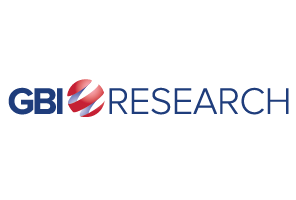An orphan drug is one that is used for diagnosing, preventing or treating rare diseases, which are defined as affecting less than 200,000 people in the US, or less than one in every 2,000 in Europe.
Because these diseases have so few patients, many countries have had to provide financial incentives for investing in drug development.
The Orphan Drug Act was passed in the US in 1983, following a decade in which fewer than 10 new drugs for rare diseases entered the market.
The act enables sponsors to apply to the FDA for orphan status for investigational drugs, and has numerous benefits including tax credits and subsidies for clinical trials, reduced or waived regulatory fees, and seven years of market exclusivity following product approval.
Booming orphan drugs market
Since the act came into law over 600 products for rare diseases have been approved in the US, and its success prompted the implementation of similar legislation elsewhere, including in Japan in 1993 and the EU in 2000.
By 2016, orphan drugs accounted for 41% of new drug approvals in the US and 37% in the EU, and this trend is set to continue, with sales of orphan drugs projected to grow at a faster rate than those of regular drugs.

US Tariffs are shifting - will you react or anticipate?
Don’t let policy changes catch you off guard. Stay proactive with real-time data and expert analysis.
By GlobalDataSmall populations, large price tags
In addition to the reduced development costs and lack of competition due to market exclusivity, orphan drugs often carry large price tags, which means they can generate sizeable profits, even with small target populations.
This field of drug development has now become so lucrative that more and more companies are attempting to gain a share of the market, including many top 20 pharma companies.
Market under scrutiny
A recent investigation revealed that a third of orphan drugs marketed in the US had either been approved for multiple orphan indications, or had originally been mass-marketed and subsequently re-purposed for orphan indications.
These drugs – which are not considered true orphans, but are eligible for many of the benefits of orphan status – detract resources from the development and approval of true orphans, and inflate prices.
The sector will face increased scrutiny following the recent launch of an investigation by the US Government Accountability Office into potential misuse of the system.




